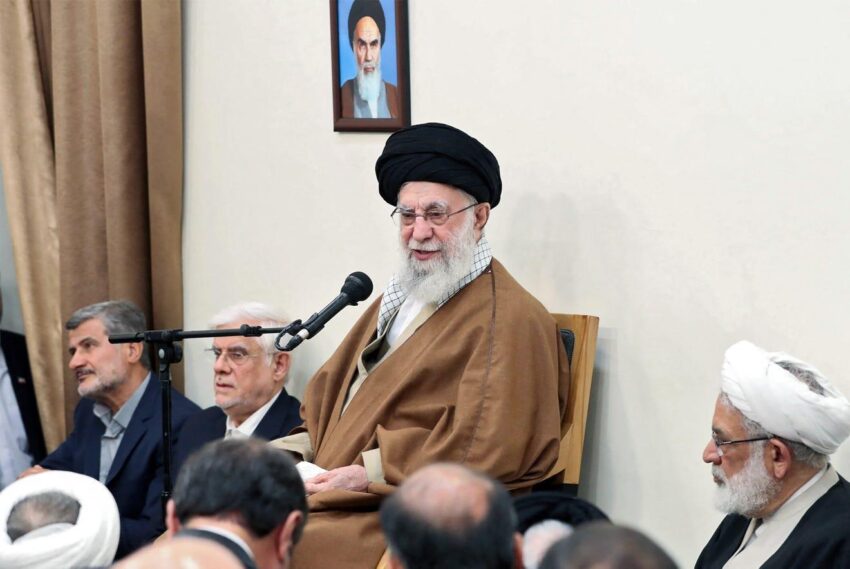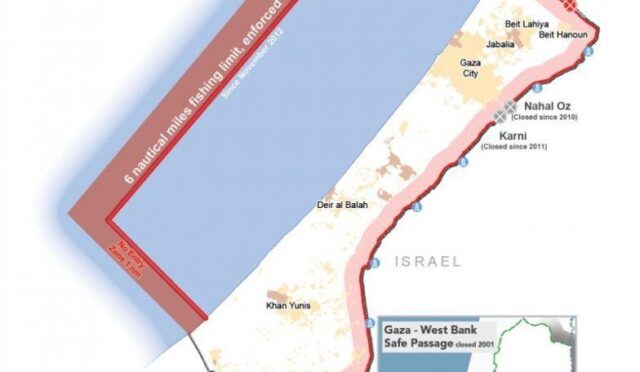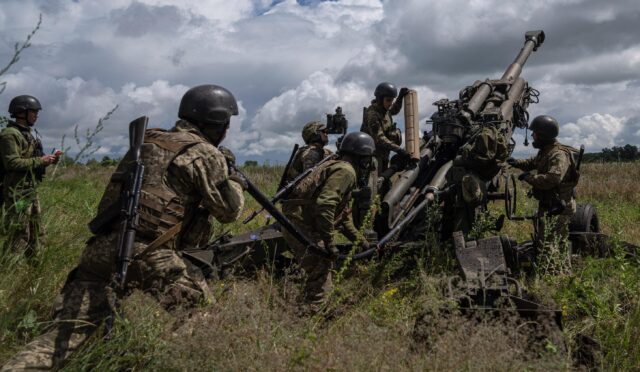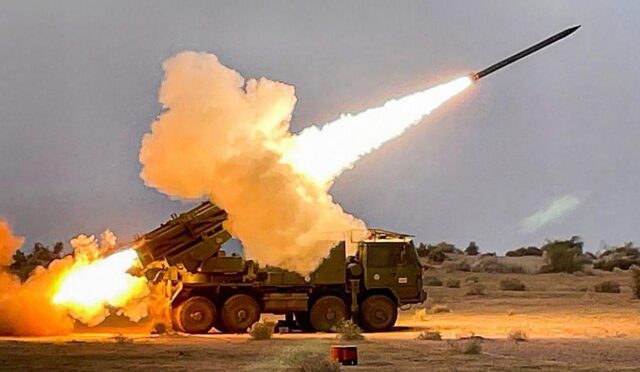Iran Nuclear Talks: Trump’s Sanctions and Future Negotiations
On Thursday, the United States announced its anticipation of new nuclear talks with Iran in the near future. However, President Donald Trump reiterated his firm stance on enforcing existing sanctions and called for a worldwide boycott of all Iranian oil and petrochemical products. His remarks reflect a continued push for pressure on Iran amid ongoing tensions.
Iran has indicated that a planned fourth round of negotiations with the Trump administration, initially set to take place this weekend in Rome, has been postponed. The delay, cited by Oman—serving as a mediator—was primarily due to logistical issues. Nevertheless, a spokesperson for the State Department, Tammy Bruce, clarified that the date and location for the talks were never officially confirmed. She expressed confidence that discussions would resume soon.
Trump’s Sanctions Strategy
During his presidency, Trump withdrew from the previous nuclear agreement in 2018, and since then, he has expressed a desire for a new deal that addresses international concerns. This urgency stems from the need to avert potential military actions against Iran, particularly from Israel. However, Trump’s feelings about the situation remain conflicted, with pressure from hardline advisors pushing him back to a strategy of ‘maximum pressure’ on Iran.
Iran seeks relief from the extensive sanctions imposed during Trump’s first term, which aimed to cut off Iranian oil exports globally. Trump underscored his commitment to these sanctions again on Thursday, one day after the U.S. announced penalties against seven companies accused of exporting Iranian petroleum products. “All purchases of Iranian oil or petrochemical products must stop, NOW!” he stated on his Truth Social platform, warning that any violators would face immediate secondary sanctions.
Military Threats and Diplomatic Condemnations
On Wednesday, U.S. Defense Secretary Pete Hegseth issued a warning to Iran regarding its support for the Houthi insurgents in Yemen, a group that has come under fire in the wake of U.S. military operations. He cautioned Iran about its military capabilities, implying that consequences would be forthcoming at a time of the U.S. choosing. This statement adds another layer to the already fraught relations between the nations.
In response to U.S. actions, Iran’s foreign ministry criticized what it termed the contradictory and insincere approach of American leadership. The ministry condemned the sanctions as economic terrorism aimed at undermining legitimate relations among developing countries, illustrating the deepening divide between Washington and Tehran.
Negotiation Outlook and Leadership Positions
Steve Witkoff, a business associate of Trump who has taken a diplomatic role, has been engaging with Iranian representatives and expressed a hopeful outlook concerning the discussions. Witkoff hinted at a potential for greater flexibility in negotiations. However, Secretary of State Marco Rubio, who advises Trump on national security, maintains that the ultimate objective remains the total dismantling of Iran’s nuclear capabilities.
The likelihood of Iran completely abandoning its nuclear program seems slim, especially given the context of the previous 2015 agreement negotiated under former President Barack Obama, which permitted a limited civilian nuclear initiative. This reality complicates the current negotiations.
The 2015 Nuclear Deal and Its Aftermath
The original 2015 deal included multiple world powers such as Russia, China, and three European nations—Britain, France, and Germany—who urged Trump not to withdraw from the agreement. These European nations had plans to meet with Iranian officials for technical discussions on Friday, however, this meeting will no longer take place, which French Foreign Minister Jean-Noel Barrot noted during his recent visit to Washington.
Western governments have consistently accused Iran of trying to develop nuclear weapons, a claim Tehran repeatedly denies, asserting that its nuclear program is aimed solely at peaceful objectives. This ongoing dispute highlights the complex and precarious nature of Iran’s nuclear ambitions and international relations.







